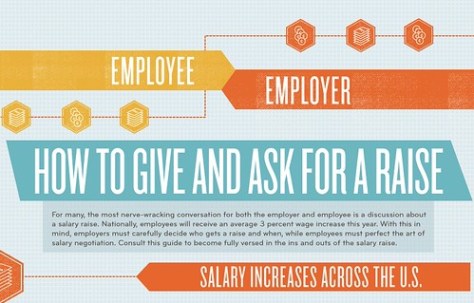This week we have a fantastic question from someone looking to work for their dream employer – by (almost) any means….
Hi Nicola, can you advise about applying for a junior/admin role at your dream employers … Just to get a foot in the door at the right company. I’d be interested to know how to pitch an application for a job I could be described as over qualified for.
Vicky – Northampton.
Hi Vicky – great question! I’m not sure you are going to like my response though, as applying for roles less senior to your current role can be seen as a step backwards it is often the case that employers will discard your application for a number of reasons such as:
- HR / hiring manager may be anxious that you may be looking for a way into the business with no real desire to stay in the role – wanting to progress is great for most employers but when you are already a step or two ahead of the role, this means you will be in the advertised role for a few months before making a move upwards. This leaves HR and the hiring manager with the initial problem of filling the Admin role; this is essentially deemed as a waste of time and money recruitment wise.
- Suspecting you are looking for an easy-ride role, as it is more junior you perceive it as a job you can sit back in and not really engage. Whereas a less qualified person would see the role as a challenge and really work hard / demonstrate keenness.
- Your potential line manager may feel intimidated by you, especially if you have held a more senior role to them and have more experience – their job feels threatened by your presence.
My advice would be to wait for a role which is more in-line with your current seniority ideally as rejections for roles tends to put a mark against your name as candidates make an impression that they are either desperate for a role and applying for anything or didn’t read / understand the job descriptions – applications would then be rejected or put to the bottom of the pile.
Have you tried making a direct approach to the business in question? LinkedIn can be a great way-in, by looking up heads of departments etc and making contact you could start to form some relationships with the right people and then once a relevant role comes to your attention you can make an application and your name will already be known in the right circles. When you do make contact – ask questions about what career backgrounds the business tends to attract, how often XXX types roles come up and if you can get a fluid correspondence flowing – ask if you can meet for coffee. It’s playing the long game but it is more likely to harvest positive feedback and a way-in at a level you deserve to be at too (whilst gaining some valuable insider information which you can use to strengthen your application).






